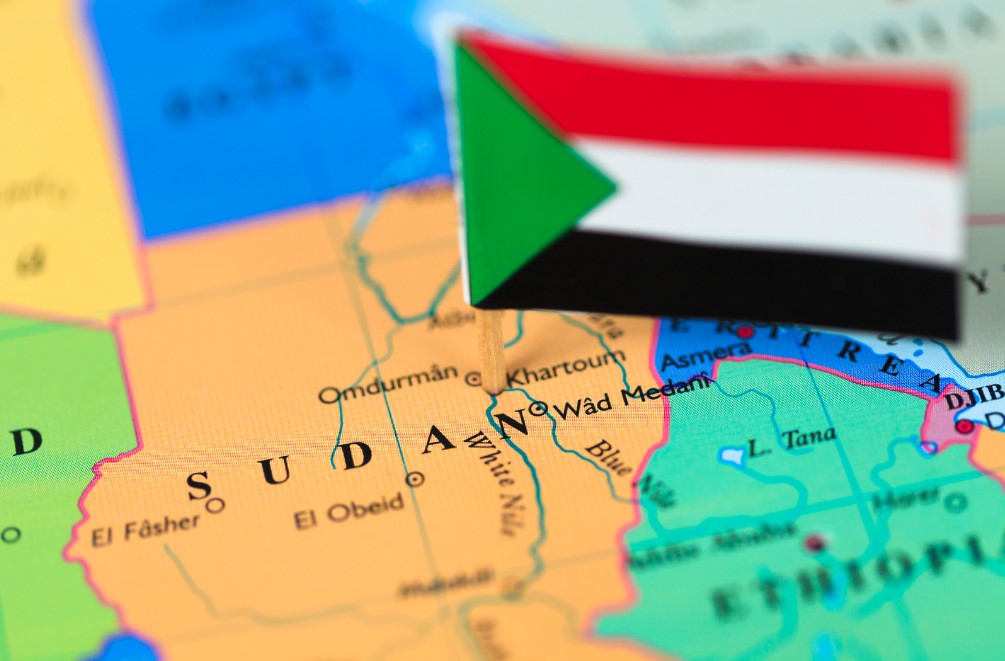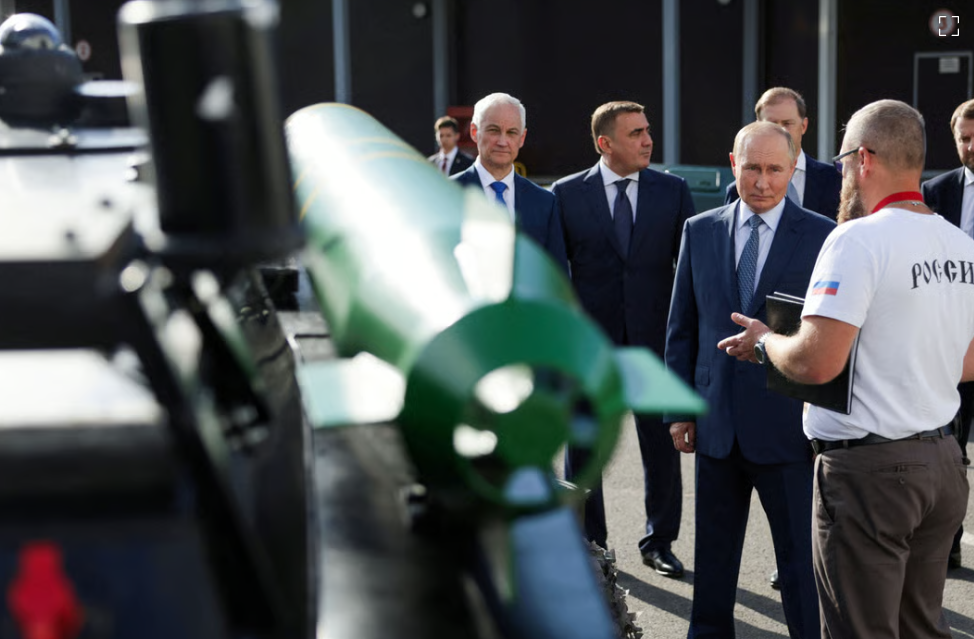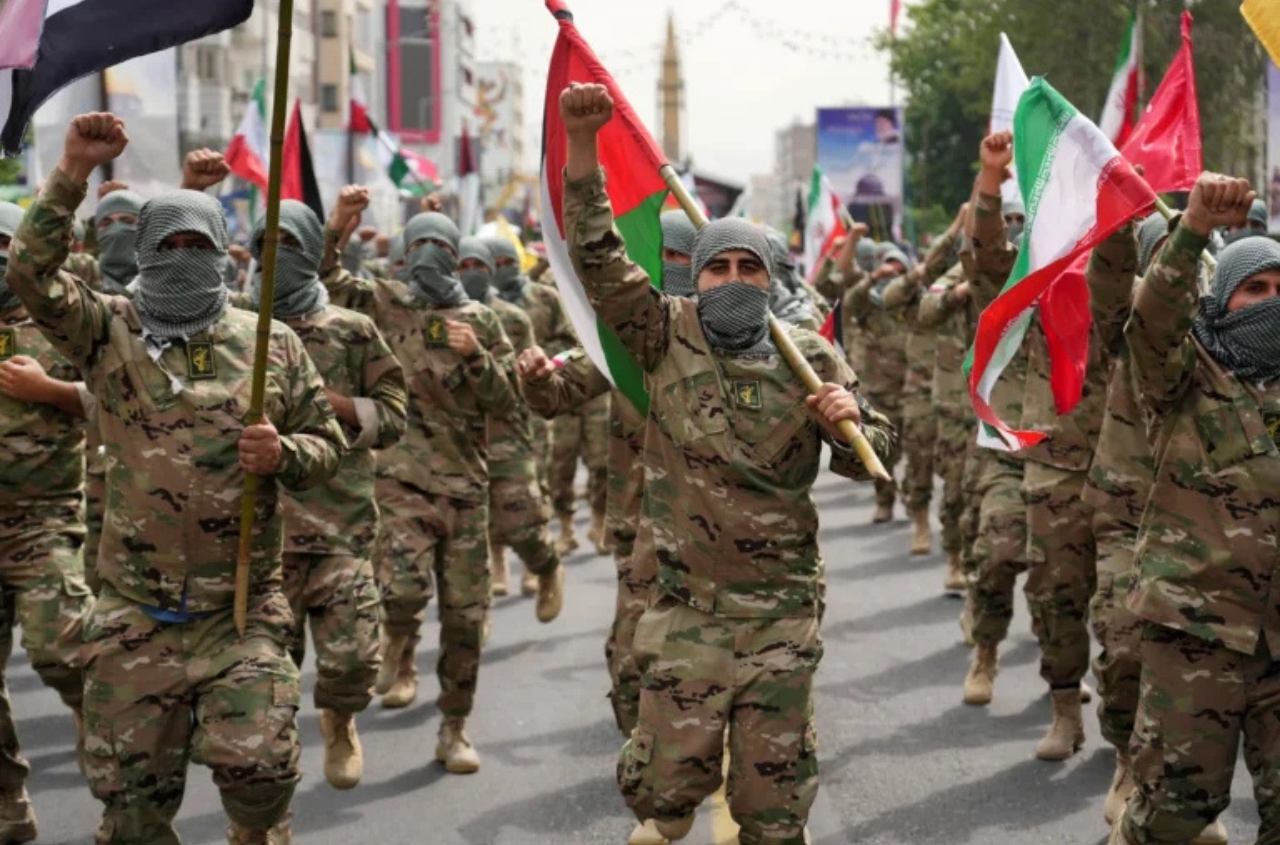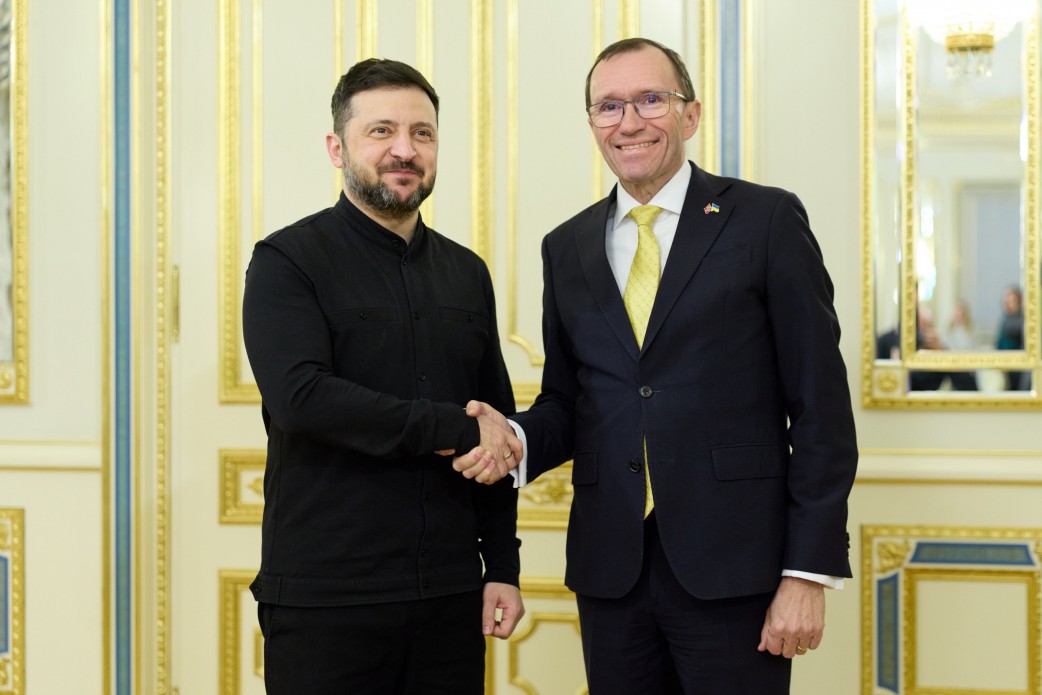Russia and Iran are intensifying their presence in Sudan, aiming to control the Suez Canal—one of the key global maritime trade routes, according to specialists from the Robert Lansing Institute (RLI). This region has become a battleground for geopolitical competition, especially amid the ongoing civil war in the country.
Iran has proposed establishing a naval base in Port Sudan, which could provide Tehran with a strategic advantage in the Red Sea. Although this proposal was rejected by the Sudanese military, Tehran continues to explore the possibility of creating a military base to monitor maritime activity near Israel and the southern flank of the canal. Sudan's ties with Saudi Arabia are one factor delaying permission for the base's construction.
Meanwhile, Russia is actively expanding its influence in Sudan by offering unlimited military assistance. Moscow has long strengthened its foothold in the country, including through the Wagner Group, which has provided military support to local forces and assisted in developing gold deposits—an important resource used to circumvent Western sanctions against Russia.
Both Iran and Russia continue to supply weapons and technologies, including advanced drones, further enhancing their influence in the region, raising concerns among Western nations.
The Sudanese army and Rapid Support Forces (RSF) are also actively seeking support from other international players, including the UAE, Egypt, and Israel.
The Red Sea is increasingly becoming a center of international competition, and as foreign military ambitions grow, the risks of conflict escalation are rising.





















